On the afternoon of February 24, in Hanoi, the Vietnam Aviation Business Association (VABA) chaired the seminar "Unblocking market mechanisms, supporting Vietnamese aviation" with the participation of leaders representing ministries, central agencies, financial - economic - aviation experts, and aviation businesses.
At the seminar, Dr. Bui Doan Ne, General Secretary of VABA Association, said that in 2022, Vietnamese airlines operated 305,080 commercial flights, 2.34 times higher than in 2021 and equal to 90.2% of the corresponding index in 2019, before the COVID-19 pandemic broke out. The Vice President of VABA commented that the COVID-19 pandemic has caused significant disruptions to the market and development opportunities of the aviation industry.
According to aviation and financial experts, the recovery of air transport businesses in the supply chain continues to face many new unfavorable factors.
Jet fuel prices (Jet A1) have continued to skyrocket in 2022, reaching over $160/barrel at times. On average, jet fuel prices in 2022 will reach $130/barrel, up about 80% compared to the average in 2021. In the immediate future, Jet A1 prices are still forecast to fluctuate at $110-130/barrel, causing great disadvantages for airlines, in the context that fuel costs account for more than 40% of total operating costs.
In addition, the USD's appreciation of about 9% compared to VND in 2022 also puts great financial pressure on airlines, as this is the most commonly used foreign currency to pay for operating expenses, such as fuel costs, aircraft leasing, and passenger outsourcing services. These are all factors that strongly affect the ability of airlines to effectively regulate prices, as well as the entire market. Therefore, there is a paradox in the domestic aviation industry that despite strong revenue growth, many airlines still report negative profits.
Standing at the threshold of recovery and development in the new period, in addition to internal strength, representatives of 5 Vietnamese airlines ( Vietnam Airlines including Vasco, Vietjet Air, Bamboo Airways, Pacific Airlines and Vietravel Airlines) all expressed their hope that there will be new support from the Government's policy mechanism so that the Vietnamese aviation industry can recover to the state before the COVID-19 pandemic (before January 2020).
Sharing at the discussion, Mr. Nguyen Manh Quan, General Director of Bamboo Airways, said that fuel prices, exchange rates, and input service prices have all increased, while the prices issued by the State management agency since 2015 compared to 2023 are no longer consistent with international and domestic changes. Therefore, through this forum, the General Director of Bamboo Airways sent a request to the Ministry of Transport to urgently consider adjusting prices on the basis of legal regulations according to actual input factors.
According to Dr. Bui Doan Ne, under the impact of the pandemic, in the next 5 years, the recovery and development of Vietnam's aviation industry will be further affected by the following main factors: The development of the COVID-19 pandemic and the level of disease control; The development of the global and domestic economy, especially the development of the tourism industry; The capacity and reality of restructuring of aviation enterprises; The level of integration of the aviation industry in the region and globally; The combined impact of State policies.
Associate Professor Dr. Tran Dinh Thien - economic expert, commented that the COVID-19 epidemic is also an opportunity for airlines to form alliances to change the perspective and strategy of the aviation market with the support of the State.
Associate Professor Dr. Tran Dinh Thien also agrees with the need to support the removal of price ceilings to follow market mechanisms, creating a healthy development foundation for airlines. In addition, the State needs tools to monitor and regulate price manipulation and monopoly to harm consumers.
Dr. Can Van Luc, Chief Economist of BIDV and Member of the National Financial and Monetary Policy Advisory Council, said that the possibility of an 85% recovery by the end of 2023 is still fragile. If it reaches 100%, it will only recover in mid- or late 2024, so the possibility of cutting losses is very difficult. Therefore, the State continues to consider policies to support aviation businesses, while also needing to control gasoline prices well.
According to the announcement of the International Air Transport Association (IATA), in 2022, Vietnam ranked No. 1 in the list of 25 countries with the fastest recovering domestic aviation markets in the world. As of April 2022, the domestic aviation market was at the same level as the same period in 2019. 69 domestic routes have been re-exploited, opened and increased in frequency by airlines. Thanks to the boom in travel demand during the peak summer season, domestic passenger volume has fully recovered and grown by 40-42% compared to the same period in 2019 in the months of June - August 2022. In the international market, airlines have restored 118 routes, connecting from 9 Vietnamese airports to 24 countries and territories around the world, transporting 11 million international passengers, 22 times more than in 2021. In addition to increasing capacity, airlines have also quickly taken shortcuts in improving the quality of aviation services, as well as building new, diverse and attractive product lines to meet passenger needs. Thanks to these outstanding efforts, Vietnamese airlines have recorded continuous record high revenues in recent times. According to the optimistic scenario of the Civil Aviation Authority, Vietnam's aviation industry could reach full recovery by the end of 2023. It is expected that the total air transport market in 2023 will reach approximately 80 million passengers and 1.44 million tons of cargo, an increase of 45% in passengers and 15% in cargo compared to 2022. |
Source link


![[Photo] Conference to disseminate the implementation of the Plan to promote digital transformation to meet the requirements of restructuring the political system's apparatus](https://vphoto.vietnam.vn/thumb/1200x675/vietnam/resource/IMAGE/2025/6/23/4744403cccd144b79086799e2ceb686e)
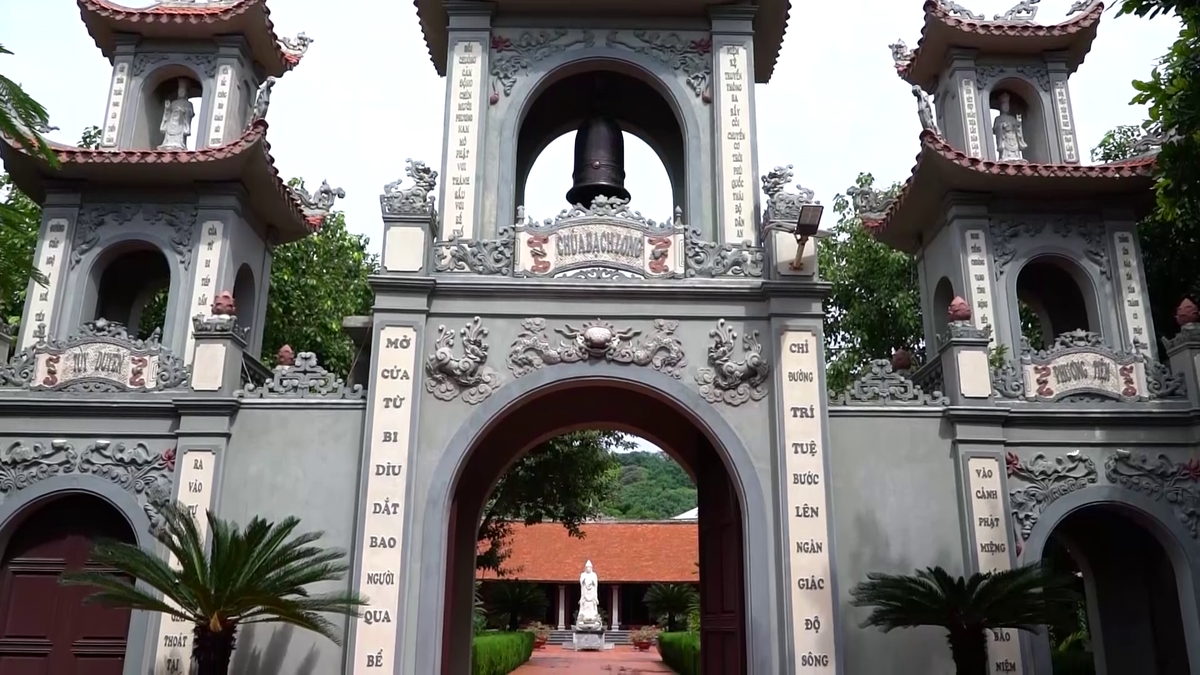
![[Photo] Prime Minister Pham Minh Chinh chairs national online conference on new rural construction and poverty reduction](https://vphoto.vietnam.vn/thumb/1200x675/vietnam/resource/IMAGE/2025/6/23/0d239726be21479db1ea6d8d77691a6d)

![[Photo] Party Congress of the Central Internal Affairs Commission for the 2025-2030 term](https://vphoto.vietnam.vn/thumb/1200x675/vietnam/resource/IMAGE/2025/6/23/5bf03821e6dd461d9ba2fd0c9a08037b)
![[Photo] Prime Minister Pham Minh Chinh chairs conference to accelerate disbursement of public investment capital, deploy key projects and eliminate temporary and dilapidated houses](https://vphoto.vietnam.vn/thumb/1200x675/vietnam/resource/IMAGE/2025/6/23/fcb205e3ca19432eac326f55123308f4)






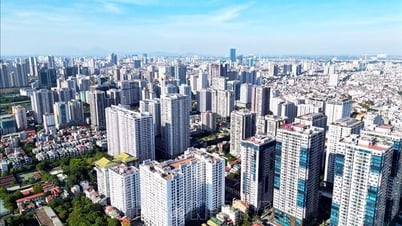
























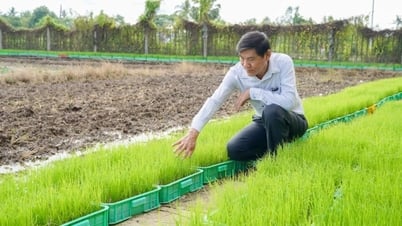





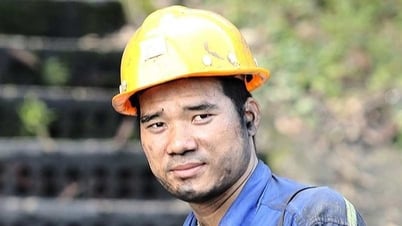

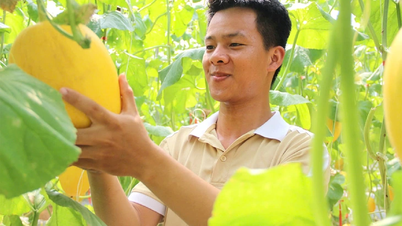




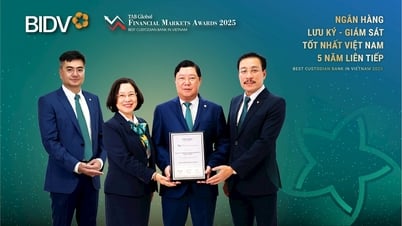

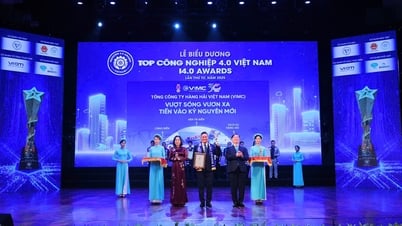




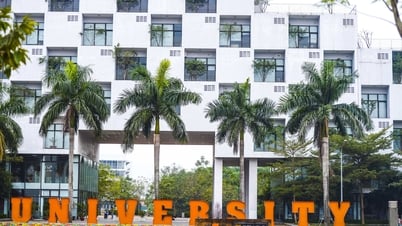

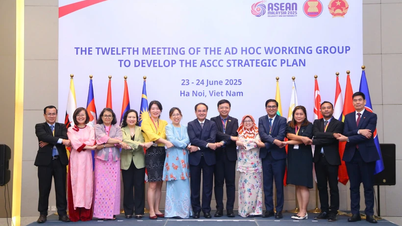
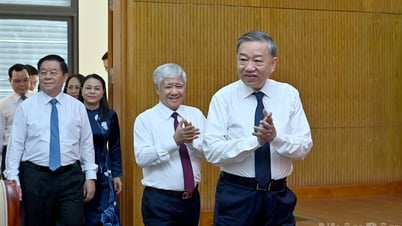
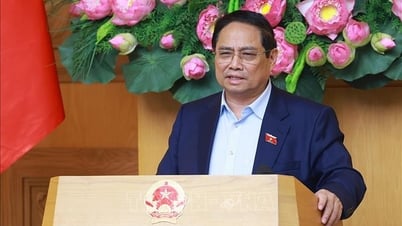

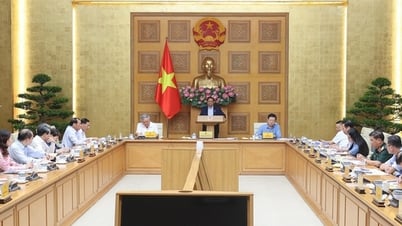






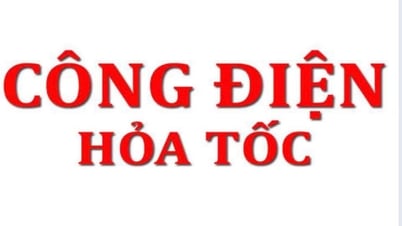

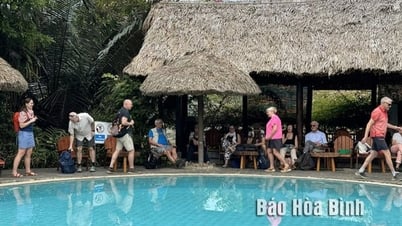


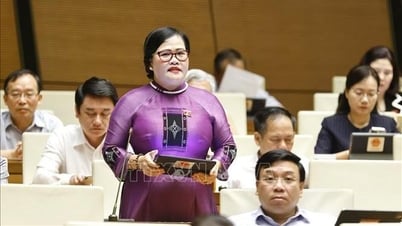

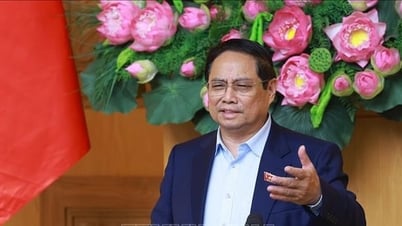




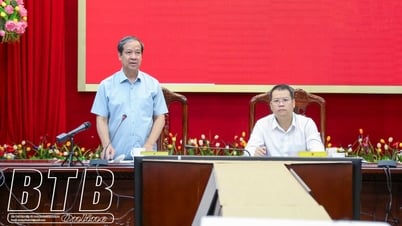












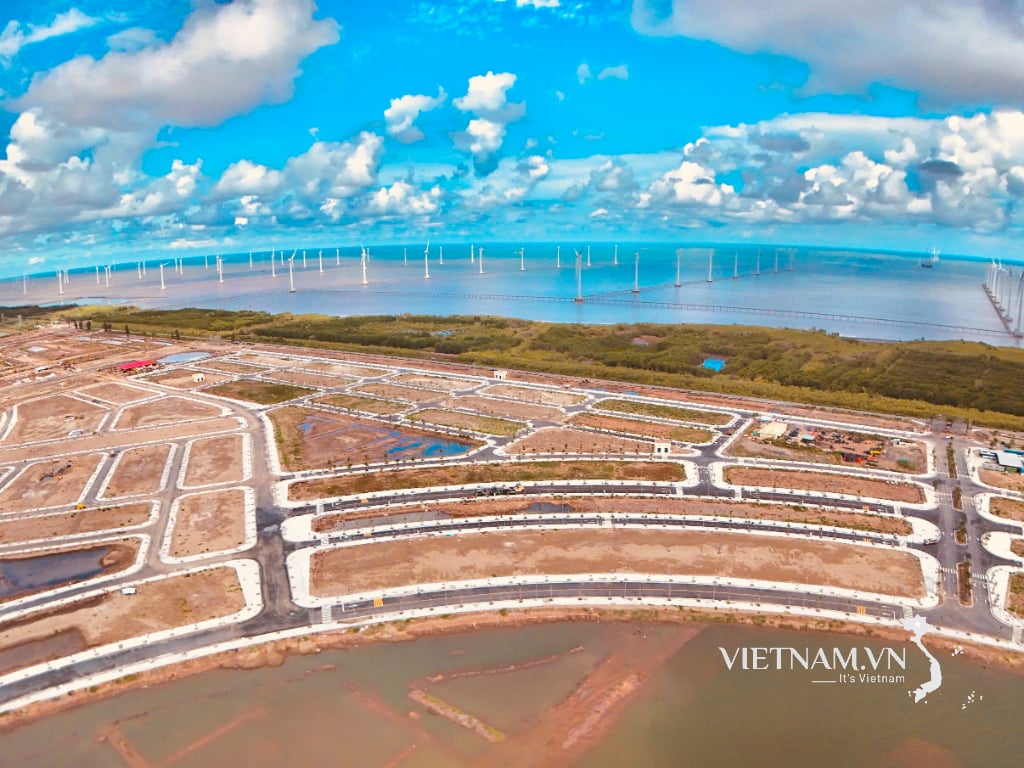

Comment (0)